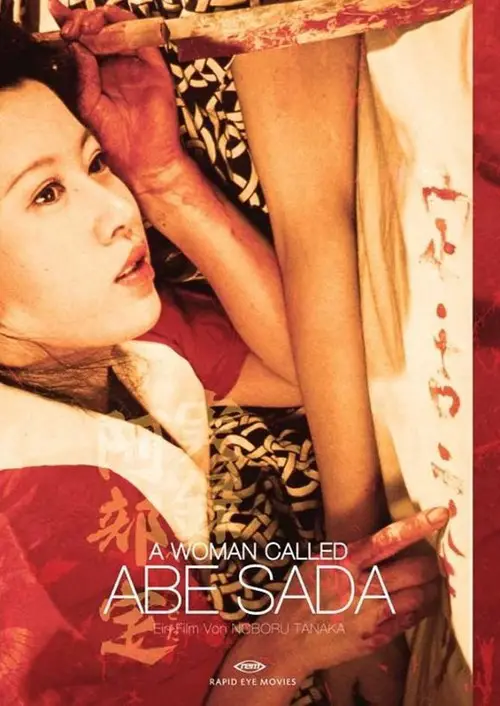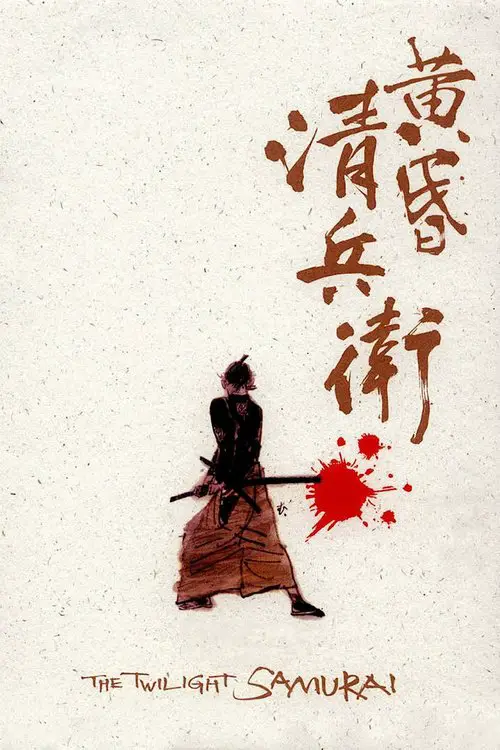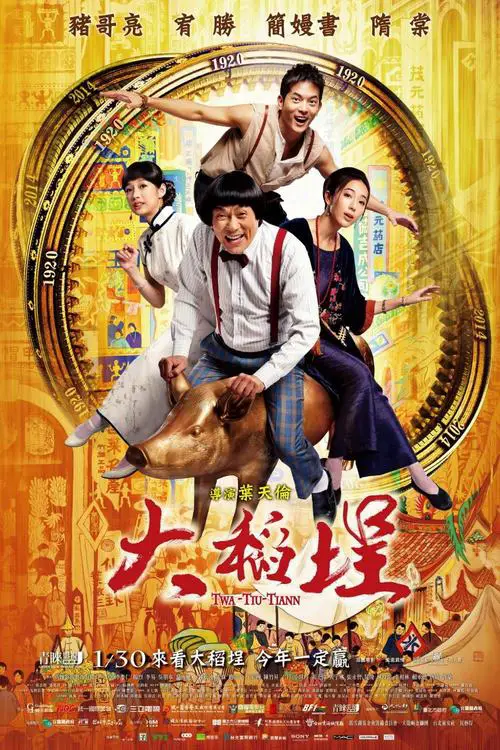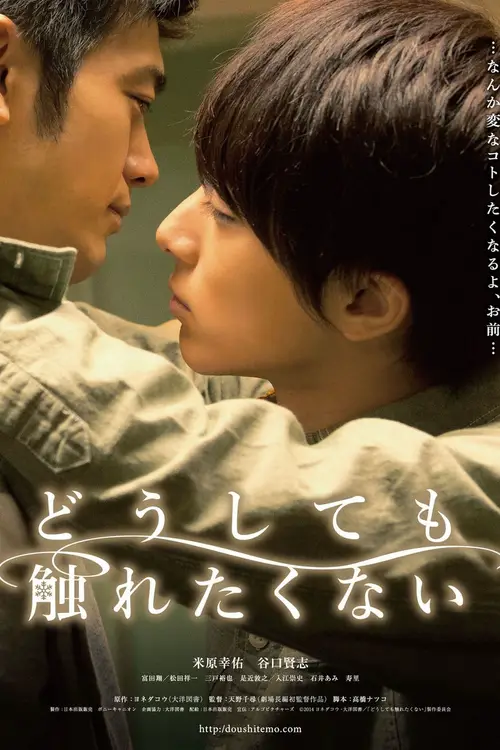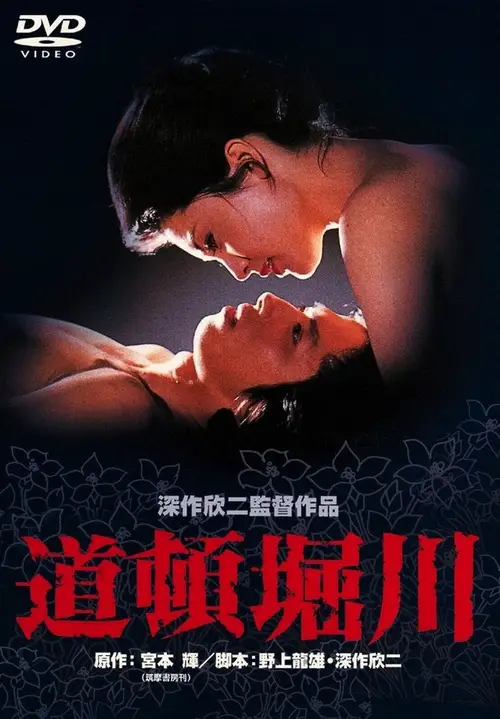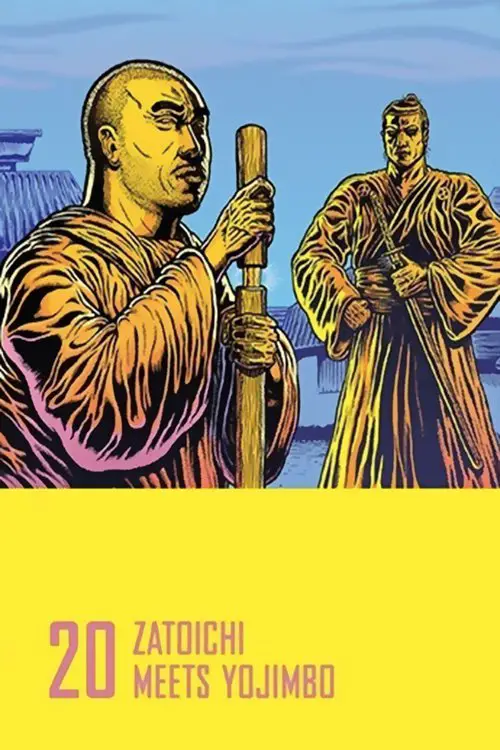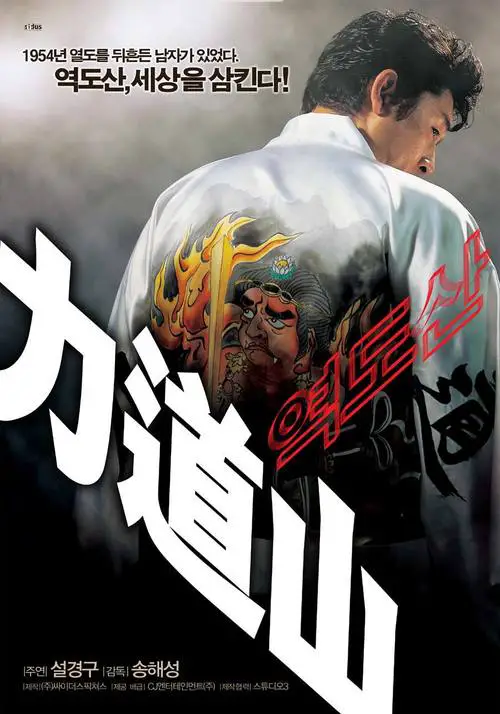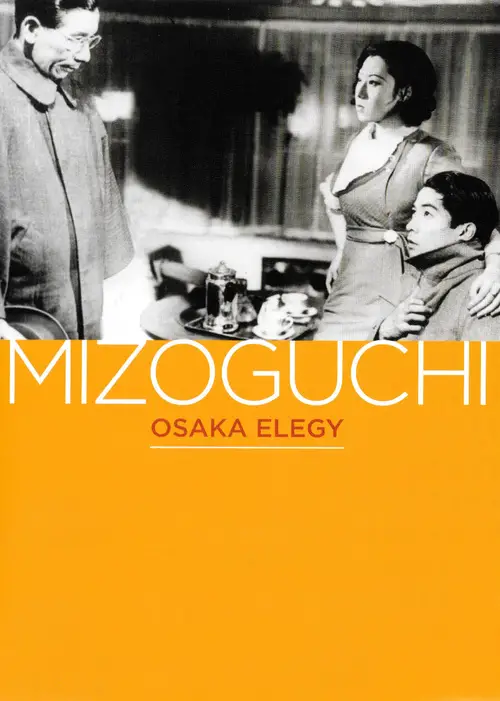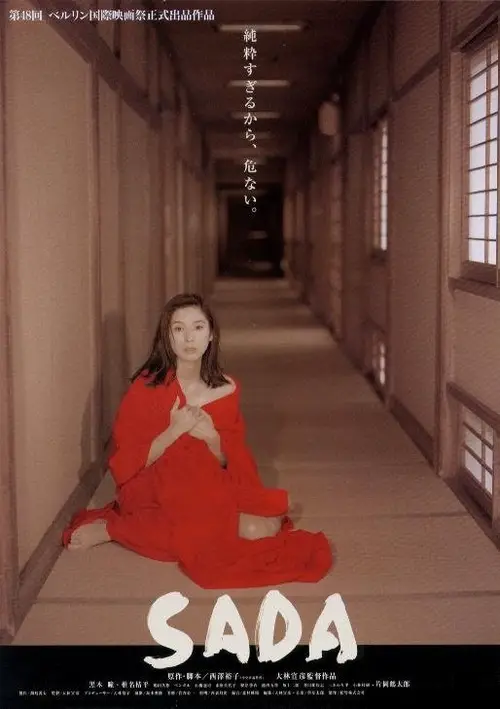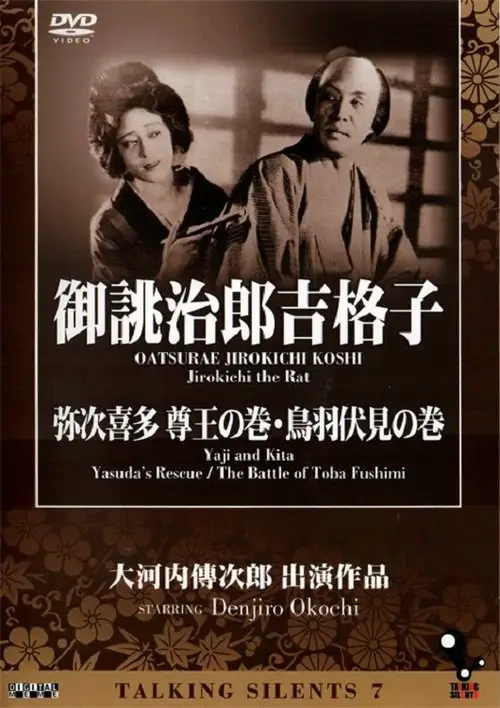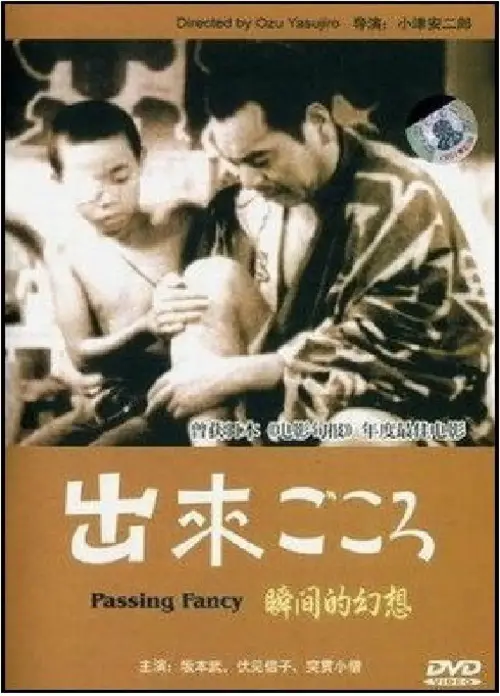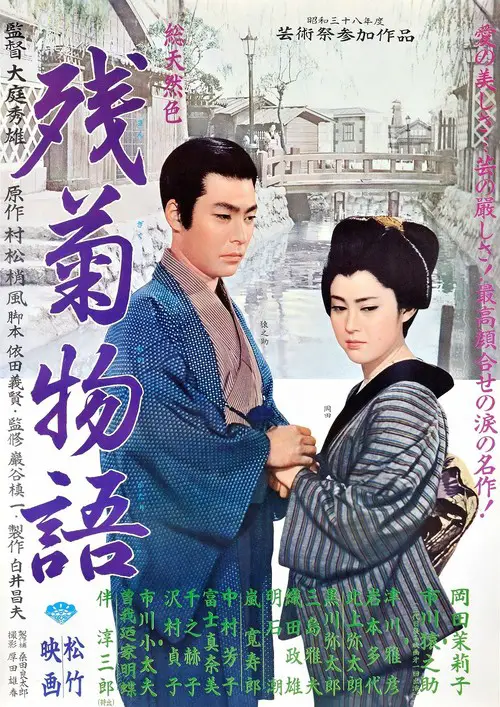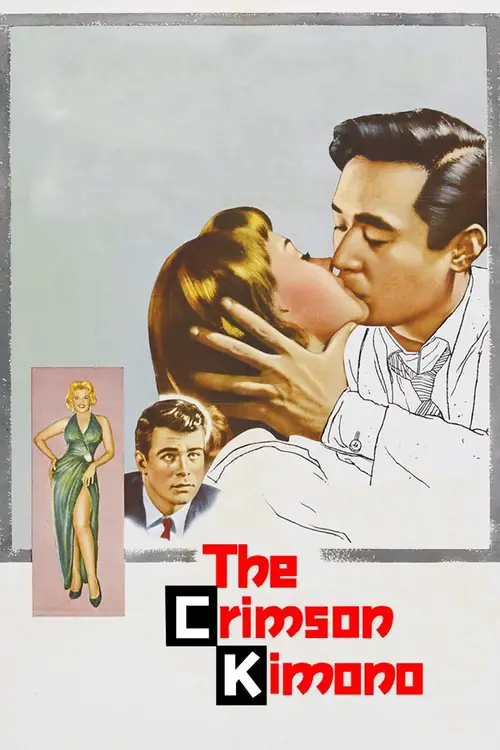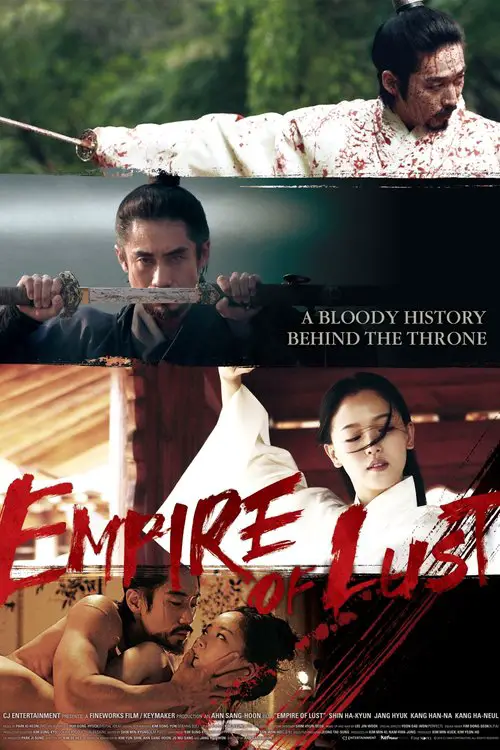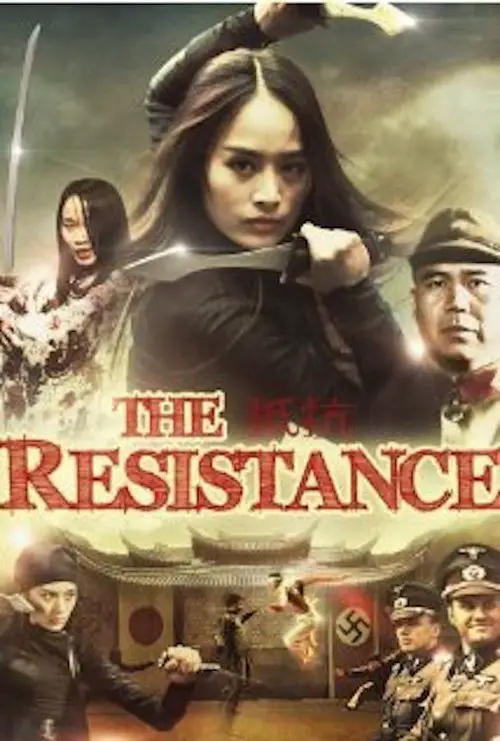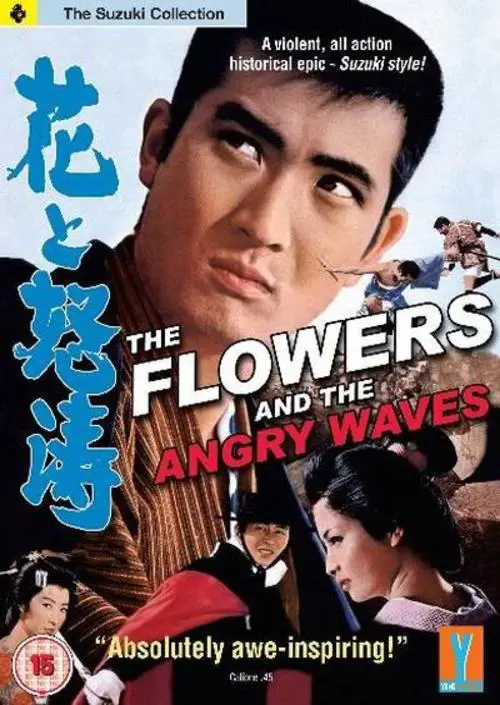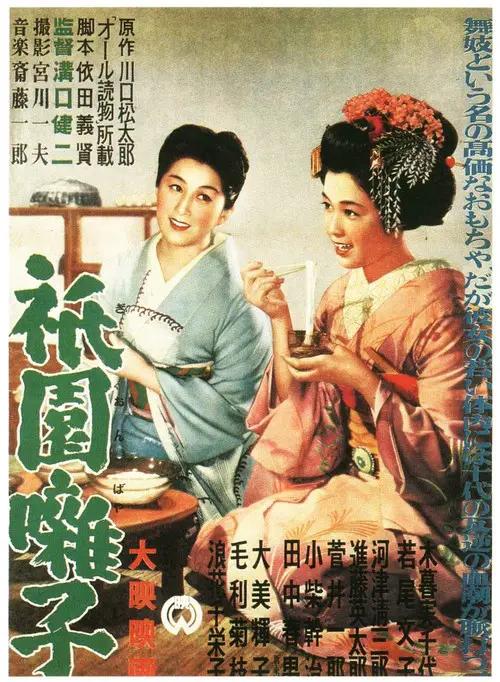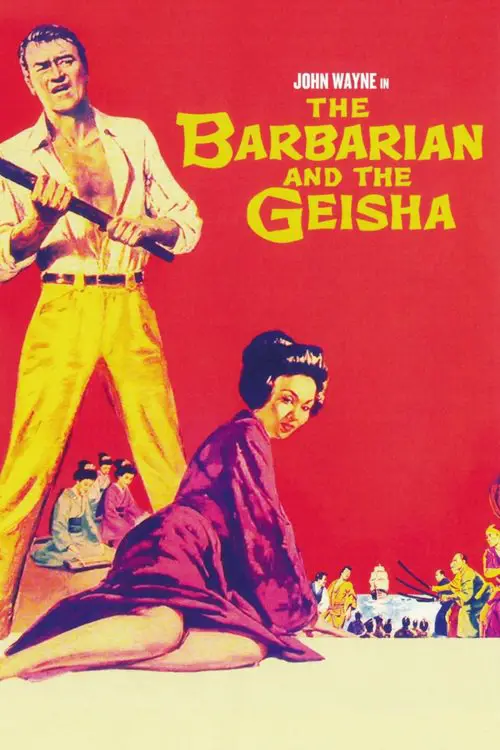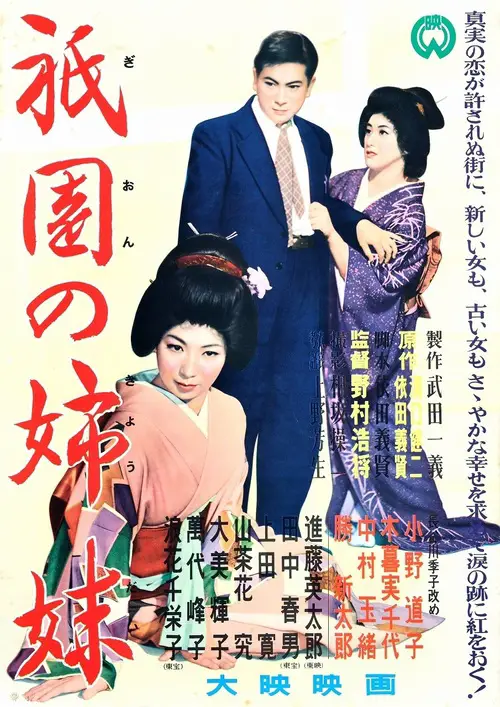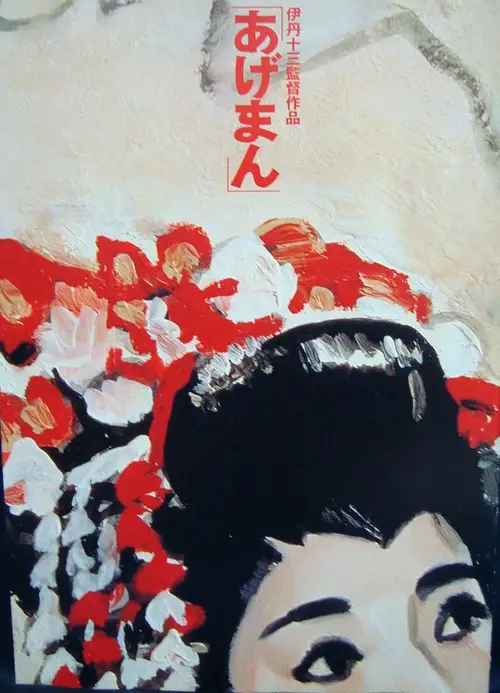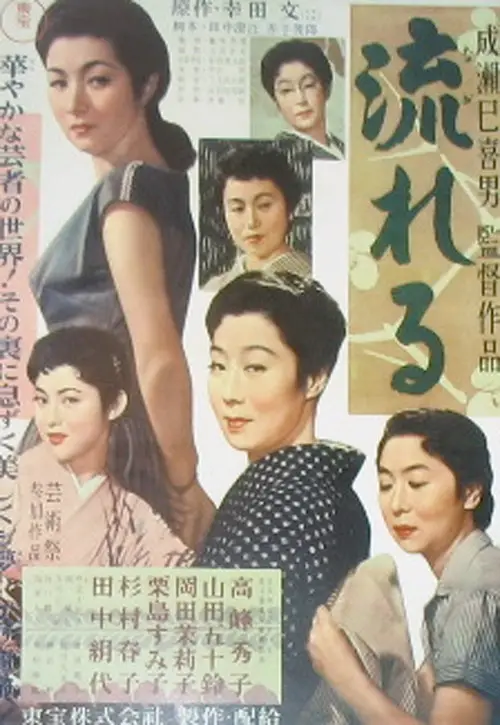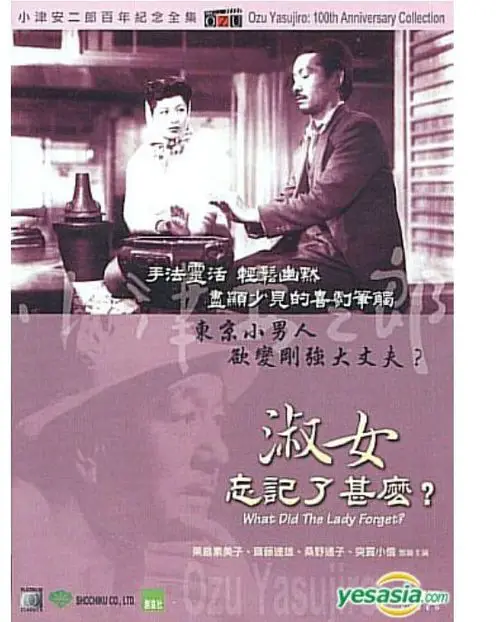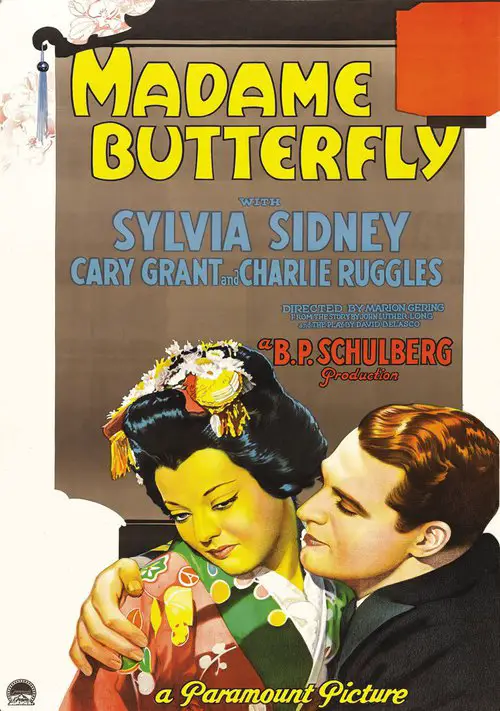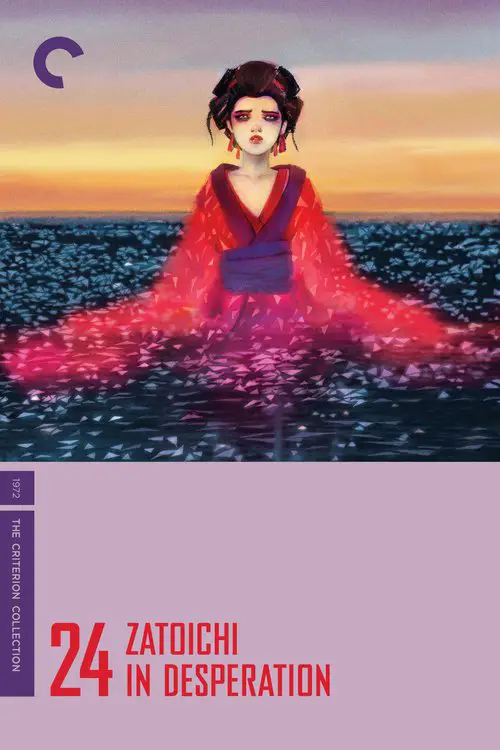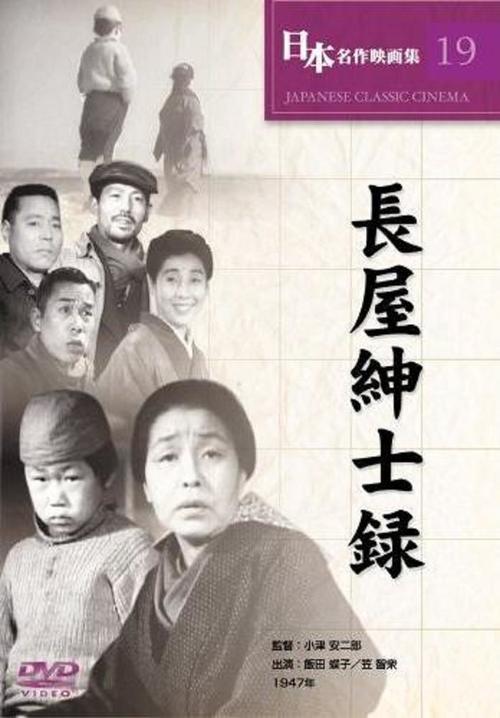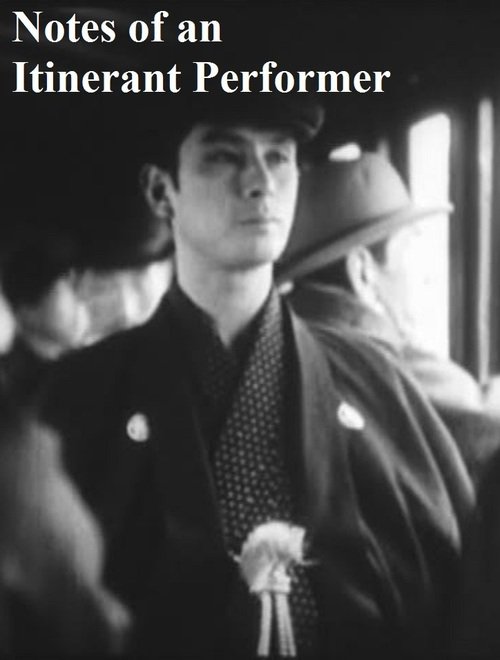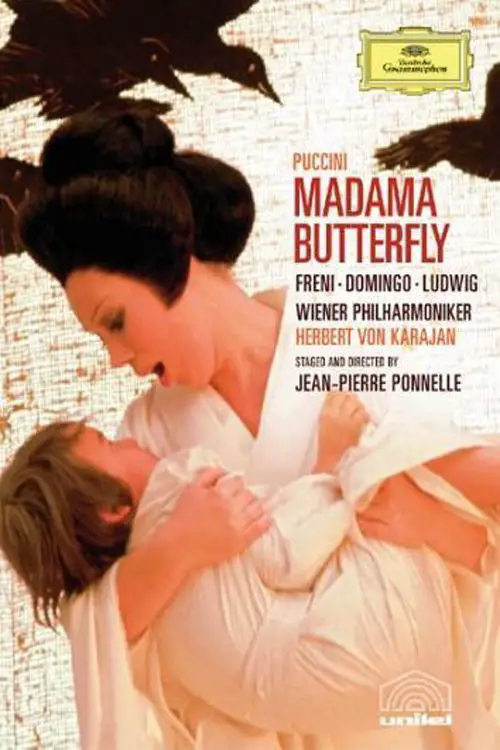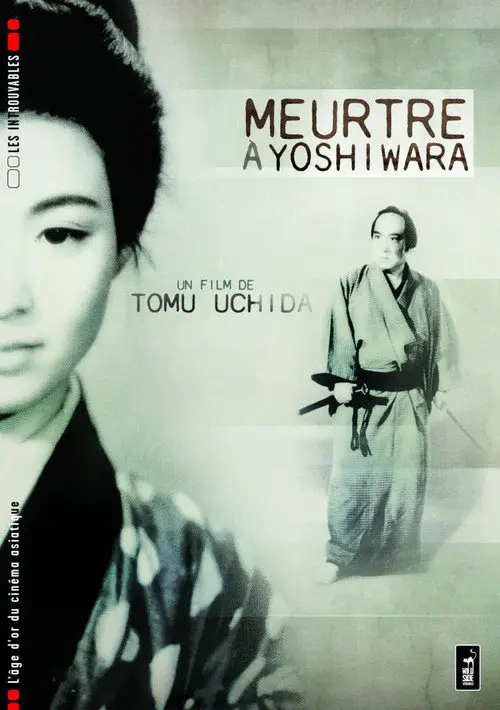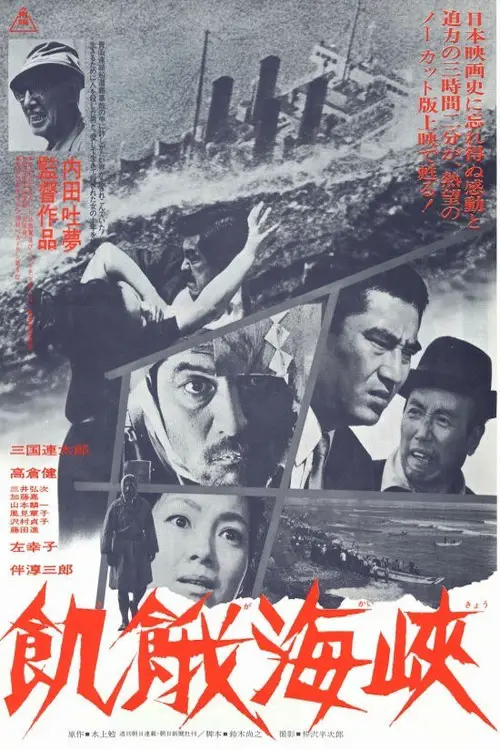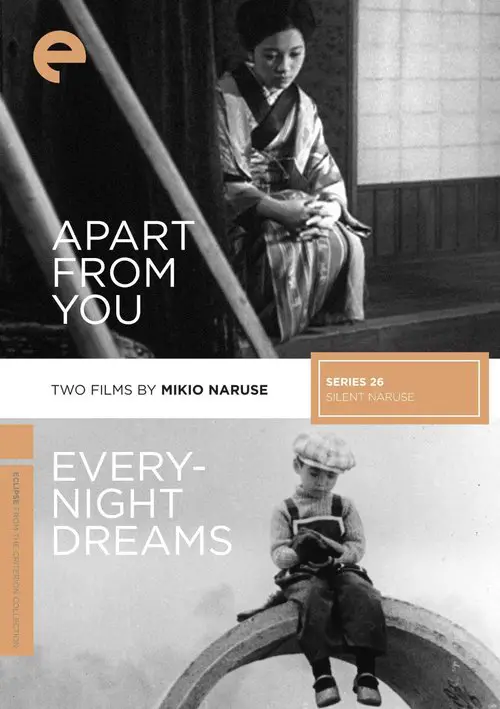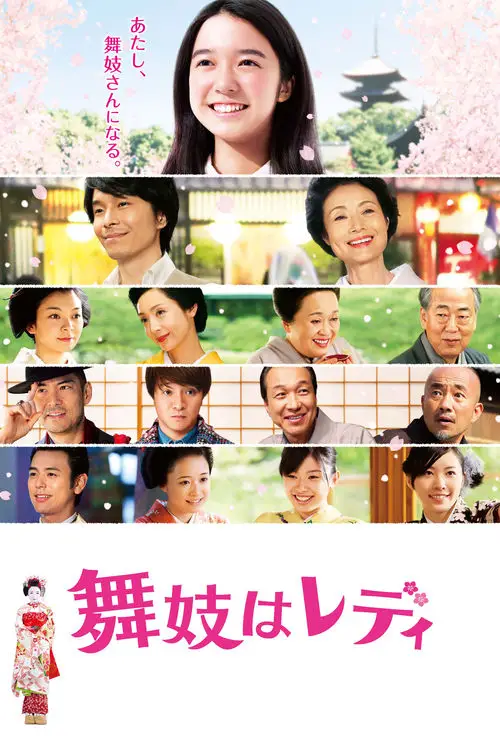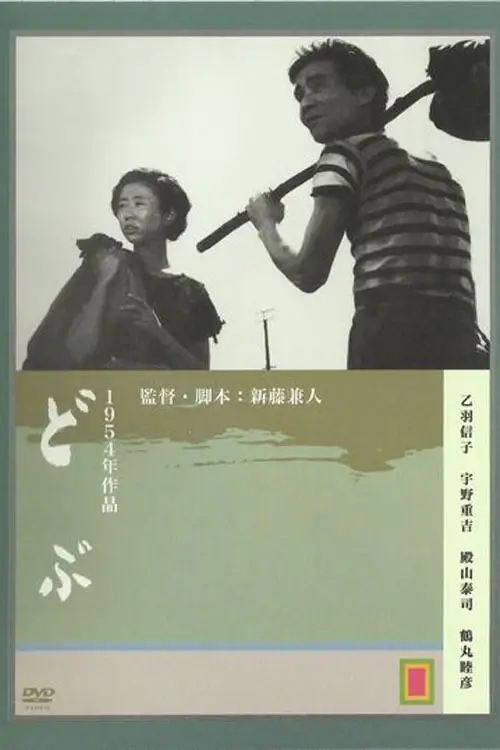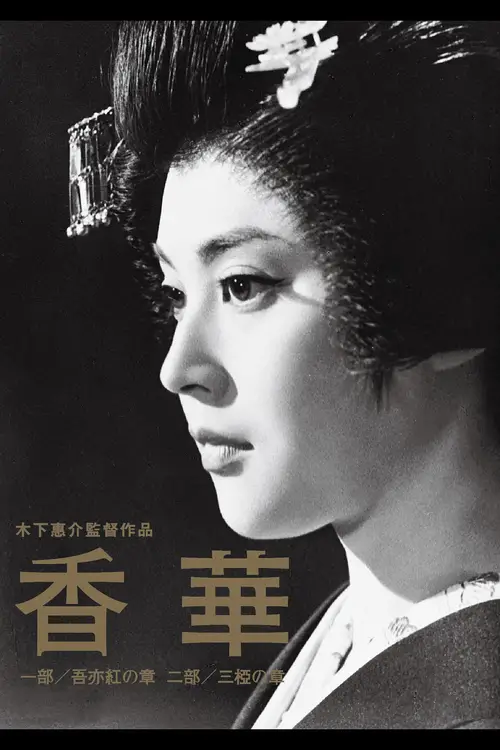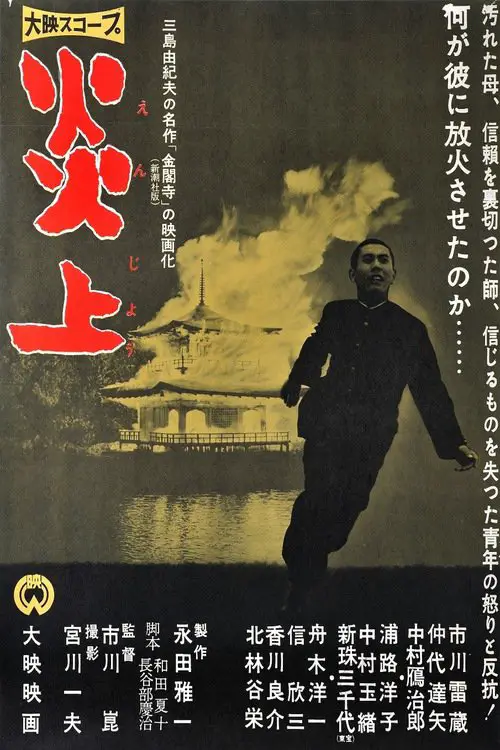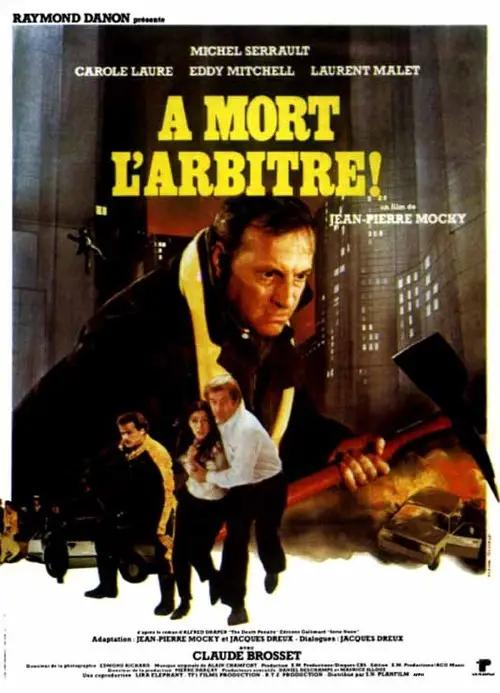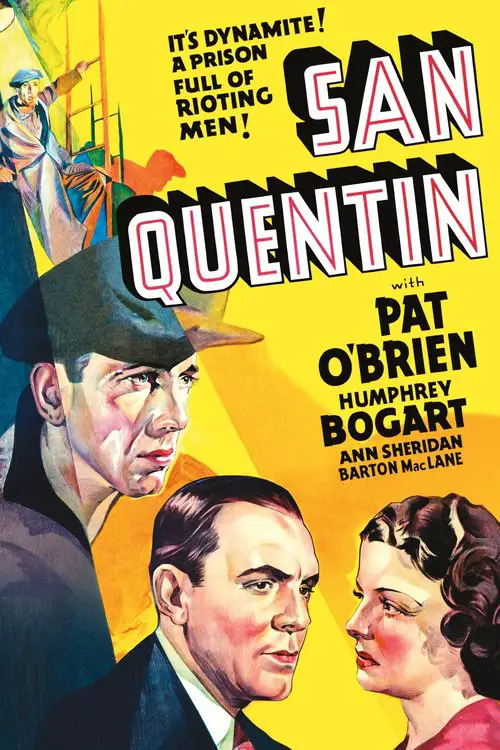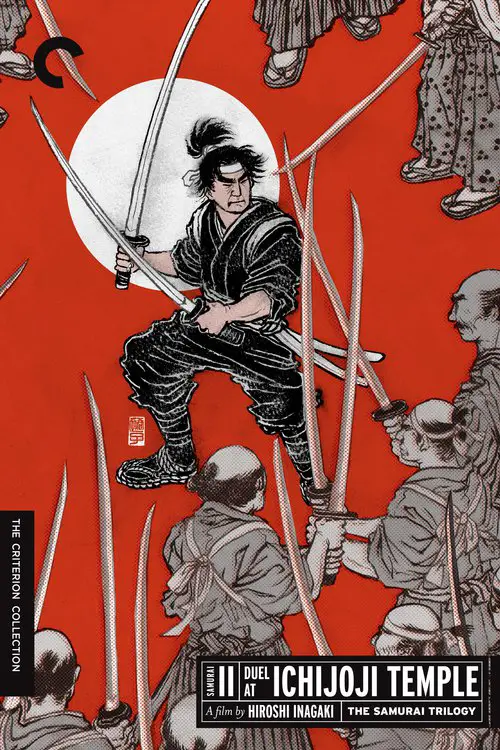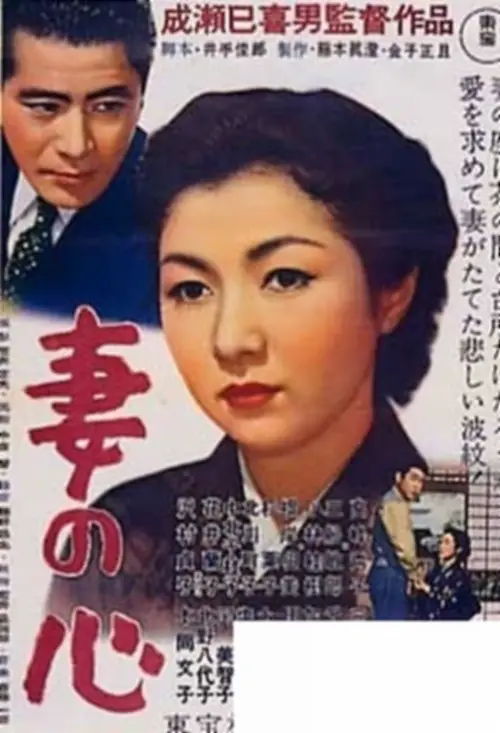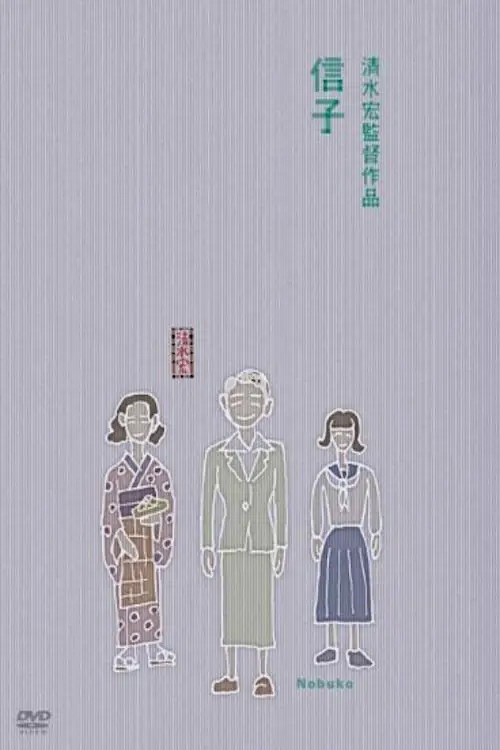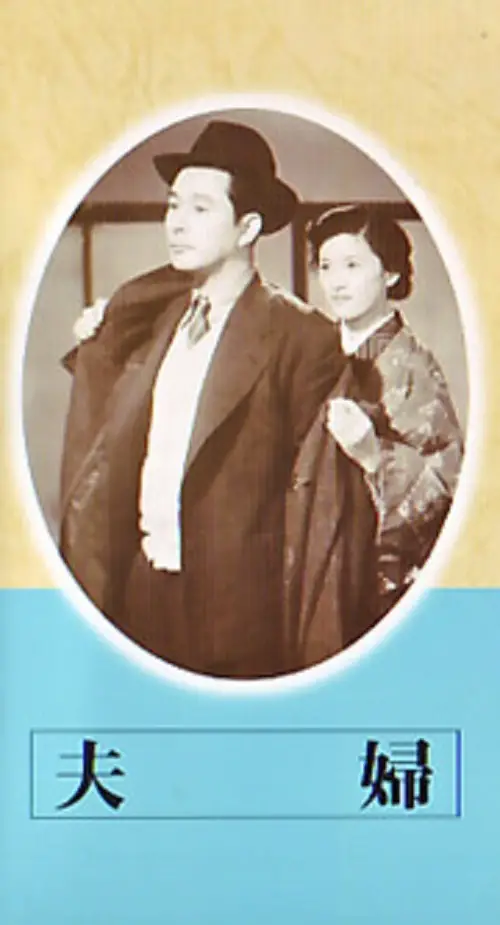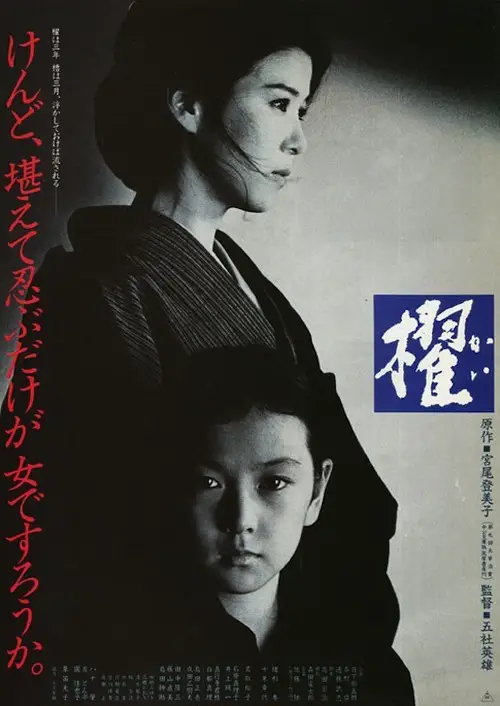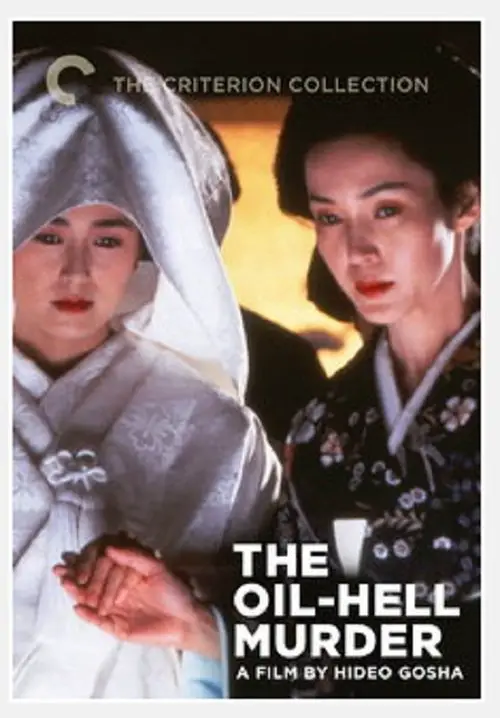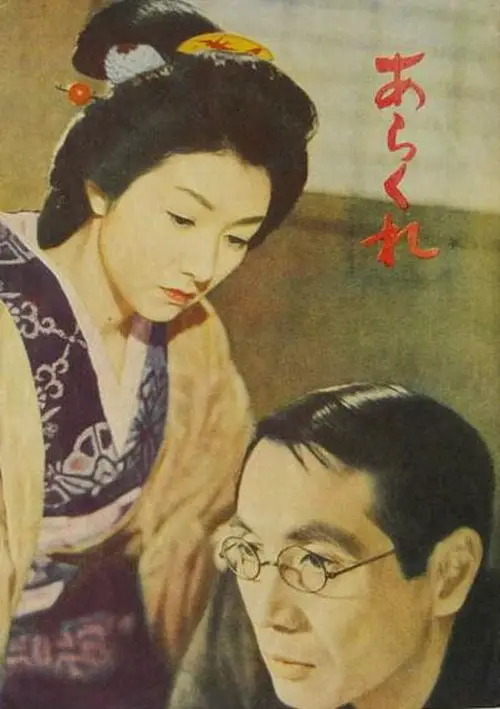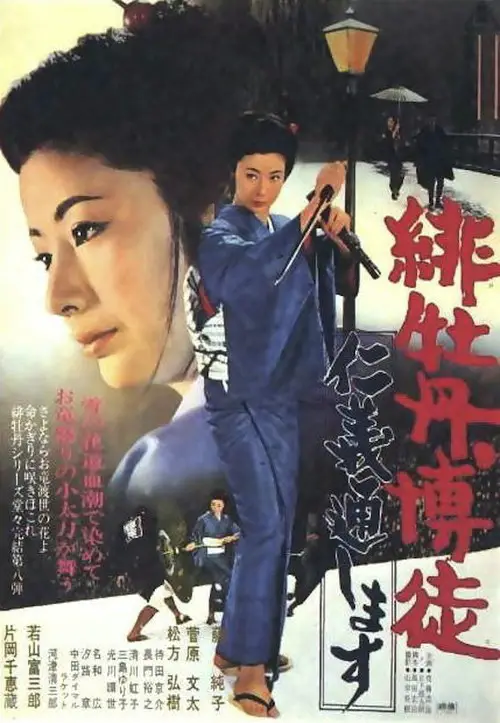The Geisha (1983)
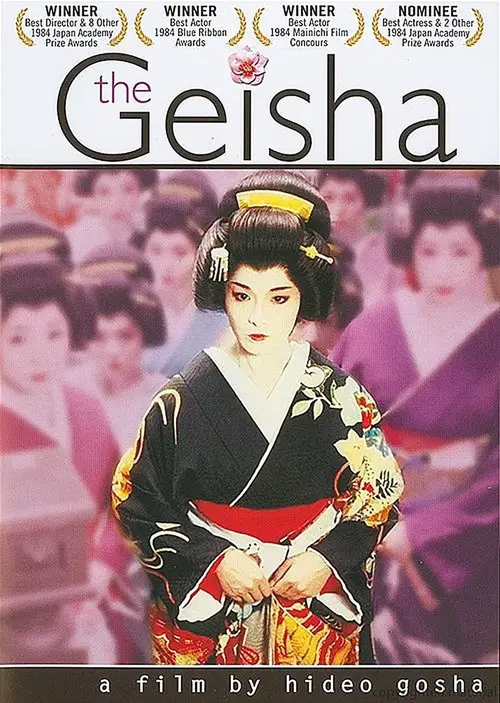
Similar movies
The young and beautiful Sada Abe, the daughter of a rich merchant, is banished for losing her virginity after being raped by a college student. Sada wanders the city, becoming a geisha and eventually meeting Kichizo, a posh restaurateur who falls under her spell. Together, they embark on a week-long sexual escapade filled with dangerous obsessions. Their complete descent into each others desires culminates in a shocking crime of passion which captures the city's headlines. Based on a real event from 1936.
Set in Osaka in the 18th century, the film centers on the doomed romance between Jihei (Kichiemon Nakamura), a down and out married paper merchant passionately in love with doe-eyed courtesan Koharu (Shima Iwashita), whom he cannot afford to buy out of servitude. Koharu herself has also fallen in love with Jihei; she even starts turning away other patrons to be with him. Their love is further imperiled by Tahei (Hosei Komatsu), a rich, obnoxious merchant who flaunts his ability to buy Koharu's indenture. Suicide is the only way for the two to be together.
Based on the internationally acclaimed novel by Arthur Golden, Memoirs of a Geisha is a sweeping romantic epic set in a mysterious and exotic world that still casts a potent spell today. The story begins in the years before WWII when a penniless Japanese child is torn from her family to work as a maid in a geisha house.
Seibei Iguchi leads a difficult life as a low ranking samurai at the turn of the nineteenth century. A widower with a meager income, Seibei struggles to take care of his two daughters and senile mother. New prospects seem to open up when the beautiful Tomoe, a childhood friend, comes back into he and his daughters' life, but as the Japanese feudal system unravels, Seibei is still bound by the code of honor of the samurai and by his own sense of social precedence. How can he find a way to do what is best for those he loves?
Through a famous painting "South Street Festival", a Taiwanese college boy unexpectedly travels 100 years back in time, back to the 1920's, when Taiwan was under Japanese rule. He is stuck, he panics, he wants to return to 2014 but soon changes his mind, not just because of the prettiest geisha girl in town...
Shima is an extremely shy young man who just started a new job. On his first day, he shares an elevator with a brash, hungover man named Togawa, who he soon learns is actually his boss. Over time, Shima becomes preoccupied with the Togawa as he tries to decide if itâs worth perusing a romantic relationship after a string of disappointments in his love life.
With a price on his head, Ichi seeks tranquillity in a favorite village. Since his last visit, it has fallen prey to Boss Masagoro, the son of a merchant rumored to have stolen gold from the shogunate. The boss has hired Yojimbo as his hard-drinking enforcer, but Yojimbo is both a spy for the shogunate, trying to find the gold, and in love with the merchant's unwilling mistress, Umeno. Ichi hires on as the merchant's masseur and buys Umeno's freedom with his employer's own money. This embarrasses Yojimbo who withdraws from a pact with Ichi to stir up trouble between father and son and their gangs. As the two sides fight, Ichi finds the gold and sets up a final set of confrontations.
In this imaginative independent drama, Angela (Chloé Winkel) is a French art student living in Germany who loves to draw comics and creates elaborate tales drawn in a soft and romantic style. One night, Angela meets Yamamoto (Jon Yang), a club DJ from Japan, who invites her to come to Tokyo with him. Infatuated with Yamamoto, Angela impulsively agrees, and is soon sharing an apartment with a handful of Western expatriates who work at a nightclub where Japanese businessmen drink, sing karaoke, and date the "hostesses" for a fee.
In Tokyo in 1888, Kikunosuke Onoue, the adoptive son of an important actor, discovers that he is praised for his acting only because he is his father's heir, and that the troupe complains how bad he is behind his back. The only person to talk to him honestly about his acting is Otoku, the wet-nurse of his adoptive father's child. She is fired by the family, and Kikunosuke is forbidden to see her, because of the gossip a relationship with a servant would cause. Kikunosuke falls in love with Otoku, and leaves home to try to make a living on his own merits outside Tokyo. He is eventually joined by Otoku, who encourages him to become a famous actor to regain the recognition of his family. Written by Will Gilbert
Set in 1398. Kim Min-Jae (Shin Ha-Kyun) is the supreme commander of the Joseon Dynasty. He falls in love for the first time and for that woman he takes risks. Yi Bang-Won (Jang Hyuk) is the Kingâs son. He helped his father setup the Joseon Dynasty era, but he was not picked as the Crown Prince. He still holds ambitions of becoming the King one day.
Jin (Kang Ha-Neul) is Kim Min-Jaeâs son and the Kingâs son-in-law. Due to his position as the King's son-in-law, he is unable to take part in politics and only seeks out pleasure.
In 1937, Japan began their invasion of China by murdering over 300,000 people in the capital of Nanjing. The atrocities committed against women and their daughters are especially barbaric. One of them is Xiaoyun, a peasant girl who fights with the Chinese resistance group. On her way to freedom she must fight against Japanese soldiers, ninjas, a killer geisha, Nazis, and the evil General of the Japanese imperial army.
Based on a play by Willis Hall. A troop of British soldiers are out in the jungle to record jungle noises and troop noises in the jungle so that the recordings can be played back by other troops to divert the enemy to their whereabouts. As they progress to what they think is closer to the base camp they find themselves farther and farther from radio range until the only channel they can get clearly is that of a Japanese broadcast. They now realize they are probably only 10 to 15 miles from a Japanese camp! The tension is added to by rowdy and openly admitted "non-hero" Private Bamforth who has nothing good to say about anyone and especially Corporal Johnstone (who holds an equal dislike for Bamforth). When a Japanese soldier is taken as their prisoner, the true colors of each man comes to the surface
Seijun Suzuki directed this great-looking adventure set in early 1900s Tokyo. Akira Kobayashi stars as a coal-miner who leads a rebellion against a nasty tyrant. Tamio Kawaji stands out in a flamboyantly villainous turn in a cast including Chieko Matsubara and Osamu Takizawa. The impressive set design by Itsuo Kimura and above-average production values make this one of the more enjoyable films to come out of Nikkatsu Studios at the time, even if Suzuki's normally distinctive style seems somewhat muted by the traditional storyline.
In the post-war Gion district of Kyoto, the geisha Miyoharu agrees to apprentice the 16 year-old Eiko, whose mother was a former geisha who had just died. After a year of training they have to find a large sum of money before Eiko can debut. Miyoharu borrows the money from the tea-house owner, Okimi, who in turn obtains the money from the businessman Kusuda. Kusuda fancies Eiko himself and wants to give Miyoharu to Kanzaki in order to close a large business deal. However both geishas have minds of their own and, going against tradition, want to be able to say no to clients. Written by Will Gilbert
Umekichi, a geisha in the Gion district of Kyoto, feels obliged to help her lover Furusawa when he asks to stay with her after becoming bankrupt and leaving his wife. However her younger sister Omocha tells her she is wasting her time and money on a loser. She thinks that they should both find wealthy patrons to support them. Omocha therefore tries various schemes to get rid of Furusawa, and set themselves up with better patrons.
The film stars two of Itami's regular actors, Nobuko Miyamoto as a geisha who brings luck to the men with whom she sleeps, and Masahiko Tsugawa as her unfaithful, sometimes partner. As well as showing her relationships with the man she loves and the men who employ her, it satirizes corruption and the influence of money in Japanese politics.
An affluent medical professor, Komiya, and his bossy wife, Tokio, are to look after Setsuko, their high-spirited niece from Osaka. Setsuko is a liberated woman who does what she wants, including smoking, even though she is a minor. On Saturday, the professor does not feel like going to his weekend golf game, but his wife packs him off anyway. So he leaves his bag at the apartment of his student Okada, and goes to a bar with a friend. Setsuko traces him there, and insists that he take her to a geisha house. When she gets rather tipsy, the professor calls Okada to take her home, while he sleeps at Okada's. The wife becomes suspicious of Setsuko when she sees Okada bringing her home, and also of her husband when she discovers that he did not go golfing.
Pinkerton marries Cho-Cho San in Japan, whilst on shore leave. When he leaves, she keeps his Japanese home as he left it. He returns three years later, having married again in America, and tells Cho-Cho that their affair is over. She has had a child in his absence, who is sent to her family, before she kills herself.
Zatoichi tries to save a maiden in distress in this sequel to the popular series about a blind samurai swordsman who moonlights as a masseur. Always fighting for the underdog, noble Zatoichi sets out to keep a girl from becoming a prostitute. But he makes enemies despite his good intentions and must fight off thugs, warriors and the girl's boyfriend.
Utaâs mother died when she was six years old; her father she never met. She was forced to adopt a travellerâs life when her grandmother died, and now she is a dancer and part of a family of actors who travel from town to town, setting up street performances. A way of escape from this marginal existence arises when she gets the chance to move to tea merchant Hiramatsuâs place, where she is asked to teach his daughter to dance.
Mirella Freni, Placido Domingo, Christa Ludwig, and Robert Kerns star in this Jean-Pierre Ponnelle-directed version of the Puccini opera, with Herbert Von Karajan conducting the Vienna Philharmonic. Madama Butterfly is a staple of the standard operatic repertoire for companies around the world, ranking 7th in the Operabase list of the most-performed operas worldwide.
Set during Japan's Shogun era, this film looks at life in a samurai compound where young warriors are trained in swordfighting. A number of interpersonal conflicts are brewing in the training room, all centering around a handsome young samurai named Sozaburo Kano. The school's stern master can choose to intervene, or to let Kano decide his own path.
Isao Yukisada spins this gritty coming-of-age tale about Sugihara, a Japanese-born, third-generation Korean who struggles to find a place in a society that will not accept him. The film begins with Sugihara studying at a Korean junior high school that is dedicated to memory of North Korean leader Kim Jong Il. His father is a grizzled ex-boxer who recently changed his citizenship from North to South Korea so he and his wife â Sugihara's mom â could visit Hawaii. Though his father regularly gets drunk and thrashes him, he also taught Sugihara the finer point of the sweet science. At one point in the film, Sugihara takes out an entire basketball team that was bent on taking him out. Upon graduation, Sugihara enters a normal Japanese high school where he meets and soon falls for Sakurai â a loose-sock copper-haired damsel who is attracted to Sugihara's restless spirit. As the film progresses, Sugihara struggles to throw off the stigma of his ethnicity and live a quiet, successful life.
For Apart from You, Mikio Naruse turned his camera on the lives of working women, which he would continue to do throughout his long career. In this gently devastating drama, a critical breakthrough for the director, he contrasts the life of an aging geisha, whose angry teenage son is ashamed of her profession, with that of her youthful counterpart, a lovely young girl resentful of her family for forcing her into a life of ignominy.
Zatôichi is a 19th century blind nomad who makes his living as a gambler and masseur. However, behind this humble facade, he is a master swordsman gifted with a lightning-fast draw and breathtaking precision. While wandering, Zatôichi discovers a remote mountain village at the mercy of Ginzo, a ruthless gang-leader. Ginzo disposes of anyone who gets in his way, especially after hiring the mighty samurai ronin, Hattori, as a bodyguard. After a raucous night of gambling in town, Zatôichi encounters a pair of geishas--as dangerous as they are beautiful--who've come to avenge their parents' murder. As the paths of these and other colorful characters intertwine, Ginzo's henchmen are soon after Zatôichi. With his legendary cane sword at his side, the stage is set for a riveting showdown.
For as long as she can remember, Haruko has wanted to be a geisha. Eager to start her career, she approaches a teahouse in one of Kyotoâs famous geisha districts to become an apprentice geisha, or maikoâonly to be rejected due to her lack of references, country bumpkin dialect and uncultivated demeanor. By chance, her accent catches the interest of Professor Kyono, a linguistics specialist and regular patron at the teahouse. He strikes a deal with the teahouse proprietor, promising to transform Harukoâs strong dialect into ladylike speech within 6 months. But becoming a maiko is no easy feat: have the professor and Haruko underestimated the task ahead? Based loosely on the Audrey Hepburn classic My Fair Lady, Lady Maiko is a musical comedy that provides a window into the world of geisha and the dedication it takes to achieve your dreams.
Japan nineteenth century. High demand for tattooed geisha generates an entire industry for their "production". Europeans pay more for tattooed beauties. Against this background, and considering the gorgeous tattooed women develop the history of confrontation between two highly skilled masters of tattoo.
Postwar Tokyo. Pin (Jukichi Uno) and Toku (Taiji Tonoyama) live in the squatter area of Kappanuma, also known as "The Ditch". Pin and Toku are avid gamblers. They take in Tsuru (Nobuko Otowa), a slightly demented woman who has run away from a geisha house. In order to rip Tsuru off, Pin lies that he's a student who can't afford his school fees. Tsuru willingly whores herself to support Pin. Eventually the neighbours start to exploit Tsuru as well.
Ex-Army officer Jameson takes a job a prison guard at San Quentin. Joe, the brother of his new girlfriend May, is sentenced to the prison for robbery. When Jameson tries to separate lawbreakers from hardened criminals, badguy Hansen tries to stir up trouble by telling Joe about Jameson's interest in his sister.
After years on the road establishing his reputation as Japan's greatest fencer, Takezo returns to Kyoto. Otsu waits for him, yet he has come not for her but to challenge the leader of the region's finest school of fencing. To prove his valor and skill, he walks deliberately into ambushes set up by the school's followers. While Otsu waits, Akemi also seeks him, expressing her desires directly. Meanwhile, Takezo is observed by Sasaki Kojiro, a brilliant young fighter, confident he can dethrone Takezo. After leaving Kyoto in triumph, Takezo declares his love for Otsu, but in a way that dishonors her and shames him. Once again, he leaves alone.
Man-sik and Yeon-hee, are unsure as to whether they can overcome past wounds and continue being a couple. Dr. Kim, who cautions against a possible mega-tsunami at Haeundae, collapses in agony springing from an unexpected turn-up of his daughter and divorced wife. Hyoung-sik, after rescuing a woman from Seoul, rides out a ferocious storm to gladden her heart. A tsunami which destroys Haeundae symbolizes the establishment of a typical axis called provocation of conflicts, and later the inner spaces of the couples without anything left behind after all conflicts have ended
Set in the TaishÅ period of Japan (dating from 1912 to 1926), Untamed follows the fiery Oshima (in a superbly eccentric performance by Takamine) as she passes from one suitor to another, a series of calamities befalling her along the way. Characteristic of Naruse's work, urban and rural settings are juxtaposed: the moody Tokyo streets against a majestic mountain village. At each point, the various situations Oshima is caught in seem uncannily bound up with her surroundings. It's worth noting that the film, while not widely known, is singled out for praise by critic Chris Fujiwara. (University of Chicago Doc Films)
The final chapter of the Hibotan Bakuto series. Oryu the Red Peony visits an old dying Boss of an ally family and promised her that she would help guide the new Boss. Meanwhile a turf war breaks out. When the family is betrayed from within and the rival family becomes violent, Oryu takes things into her own handsâ¦
© Valossa 2015–2026
| Privacy Policy
